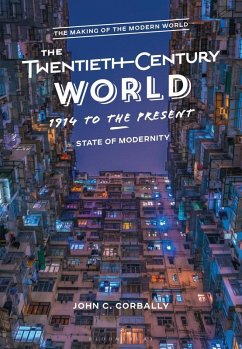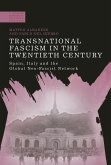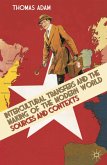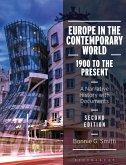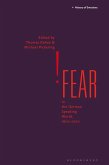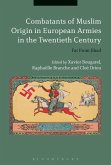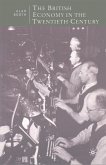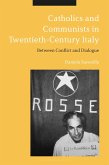The Twentieth-Century World, 1914 to the Present introduces students to five distinct historical themes in 20th century history - politics, economics, religion, technology and the environment. Each of these themes is set in a social and cultural history framework that emphasizes the commonalities and diversity in human experiences throughout the recent era.
This is a genuinely global textbook that takes a non-nationalistic approach to history and attempts to avoid marginalising the role of non-western actors and societies. John Corbally explores the connections, interactions and exploitations of global resources and peoples that were part and parcel of 20th-century history. Economically, the book shows how people were connected by the spread of global capitalism and communism. It explores the spread of traditional religions and philosophies all over the globe, as well as looking at secular challenges. It also considers how technology reached further into people's lives.
Ideal for undergraduate level students of 20th-century history, this is a book that offers a balanced, multi-perspective approach to recent global history, helping the 21st-century student understand today's world and interrogate commonly held assumptions about its history.
This is a genuinely global textbook that takes a non-nationalistic approach to history and attempts to avoid marginalising the role of non-western actors and societies. John Corbally explores the connections, interactions and exploitations of global resources and peoples that were part and parcel of 20th-century history. Economically, the book shows how people were connected by the spread of global capitalism and communism. It explores the spread of traditional religions and philosophies all over the globe, as well as looking at secular challenges. It also considers how technology reached further into people's lives.
Ideal for undergraduate level students of 20th-century history, this is a book that offers a balanced, multi-perspective approach to recent global history, helping the 21st-century student understand today's world and interrogate commonly held assumptions about its history.

